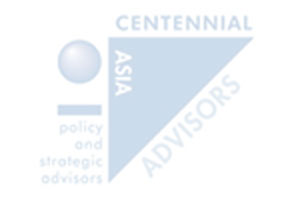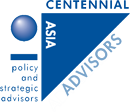- December 11, 2017
- Posted by: admin
- Category: Daily News
No Comments

- An upturn in the global economy—now growing by about 3%—paves the way to reorient policy towards longer-term issues such as addressing climate change, tackling existing inequalities and removing institutional obstacles to development, according to the United Nations World Economic Situation and Prospects (WESP) 2018.
- World economic growth has reached 3%—the highest growth since 2011—as crisis-related fragilities and the adverse effects of other recent shocks subside. The improvement is widespread, with roughly two-thirds of countries worldwide experiencing stronger growth in 2017 than in 2016. Global growth is expected to remain steady at 3.0% in 2018 and 2019.
- The recent pickup in global growth, the report states, stems predominantly from firmer growth in several developed economies, although East and South Asia remain the world most dynamic regions. In 2017, East and South Asia accounted for nearly half of global growth, with China alone contributing about one-third. The upturn has been supported by a rebound in world trade and an improvement in investment conditions. The challenge is to channel this into a sustained acceleration in productive investment to support medium-term prospects.
- Despite the improved short-term outlook, the global economy continues to face risks—including changes in trade policy, a sudden deterioration in global financial conditions and rising geopolitical tensions.
- The world economy also faces longer-term challenges. The report highlights four areas where the improved macroeconomic situation opens the way for policy to address these challenges: increasing economic diversification, reducing inequality, supporting long-term investment and tackling institutional deficiencies.
- The report notes that reorienting policy to address these challenges can generate stronger investment and productivity, higher job creation and more sustainable medium-term economic growth.
- Many developing economies and economies in transition remain vulnerable to spikes in risk aversion, sudden capital withdrawal and an abrupt tightening of global liquidity conditions, while rising debt poses global financial challenges.
External Link : https://www.un.org/development/desa/dpad/wpcontent/uploads/sites/45/publication/WESP2018_Global_PR_E.pdf
11-Dec-2017
